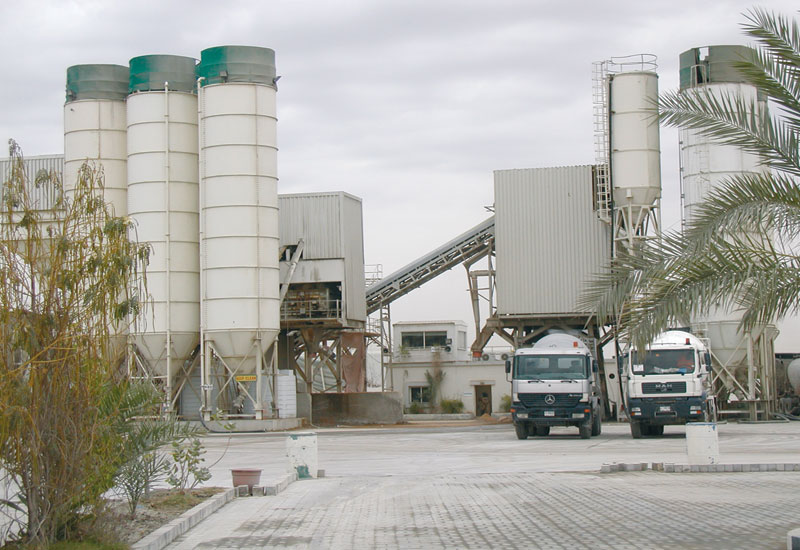- Ashaka Cement to Delist From NSE
The Directors of AshakaCem Plc have passed a resolution to propose to its shareholders, a voluntary delisting of the company from the floor of the Nigerian Stock Exchange (NSE), where shares, bonds or securities are bought and sold.
Delisting means the removal of the listed stock from the exchange, when a company can no longer meet the requirements for listing.
At a meeting on November 16th, the board agreed that the resolution will be presented to shareholders of AshakaCem for consideration at an Extraordinary General Meeting (EGM) slated for Monday (today) December 21, 2016.
Stating reasons for the delisting, the firm explained that at the conclusion of the Mandatory Tender Offer (MTO), based on approvals, it offered to purchase some or all of shareholders’ shares for a price in 2015, its free float, the proportion of shares traded in the stock market, fell to 17.54 per cent.
This further reduced the minimum acceptable condition to 15.03 per cent at the conclusion of the Voluntary Tender Offer (VTO), in September 2016.
Public float is the amount of shares a company can trade on the Exchange, which is regulated at 20 per cent. But if the public quote is less than 20 per cent, the firm is expected to make adjustments to beef up the figure or its shares would delisted from the Exchange.
“Hence, AshakaCem has been unable to meet the NSE Rule requirement for every publicly listed entity to have a ‘Free Float’ (tradable shares) of not less than 20 per cent on the Exchange.
“Through the Voluntary Delisting of AshakaCem, the Directors of the Company will be shielding the Company from any enforcement action that the Exchange may effect, for example by way of a Regulatory Delisting in light of the outstanding free float deficiency.
“Furthermore, through the voluntary delisting process, the company will be providing an opportunity to minority shareholders who do not wish to be members of an unlisted company to exit the company and therefore be shielded from being members of an unlisted company.”
Upon conclusion of the EGM, the company added that shareholders of AshakaCem may exit the firm prior to the delisting by either trading their shares on the floor of the exchange through their nominated stockbroker or accept exit terms.
The terms were as offered for the MTO and the VTO – 202 shares of AshakaCem for 57 shares of Lafarge Africa, a cement and allied products manufacturer, plus a cash consideration of N2.00 per every AshakaCem share, while shareholders will have 90 days period post the EGM to exercise these options.
According to the company, under the proposed delisting and settlement of consideration, minority shareholders in AshakaCem will be offered benefits, including revenue diversification by geography as a result of Lafarge Africa’s operations in Nigeria, South Africa and Ghana.
This is in addition to revenue diversification by plant location due to wide spread operations across the North East, South East and South West regions of Nigeria.
Reacting to the development, the President, Renaissance Shareholders Association, Olufemi Timothy, described the decision as a “welcome development”, urging AshakaCem investors to exchange their shares for Lafarge Africa. “It is normal since the public float of AshakaCem is less than 20 per cent. The company must delist accordingly but the right of existing shareholders subsists.
“My advice is that the remaining minority shareholders in Ashaka Cement should exchange their shares for Lafarge Africa and enjoy the benefits. Five shares of Lafarge to 202 shares of Ashaka plus N2 cash per share. They should take advantage.”
The National Coordinator, Progressive shareholders Association, Boniface Okezie, said it is not new for a company to delist from the exchange if they do not have the required percentage to still remain in the market.
“We the shareholders already know that Ashaka will do that after the tender offer carried out last year approved by the shareholders. Lafargeholcim already have majority shareholding in Ashaka, so any other per cent left is insignificant for it to remain listed.”

 Forex1 week ago
Forex1 week ago
 Naira4 weeks ago
Naira4 weeks ago


 Naira1 week ago
Naira1 week ago
 Company News4 weeks ago
Company News4 weeks ago


 Naira1 week ago
Naira1 week ago




 Naira3 weeks ago
Naira3 weeks ago
 Billionaire Watch6 days ago
Billionaire Watch6 days ago
 Banking Sector3 weeks ago
Banking Sector3 weeks ago





















